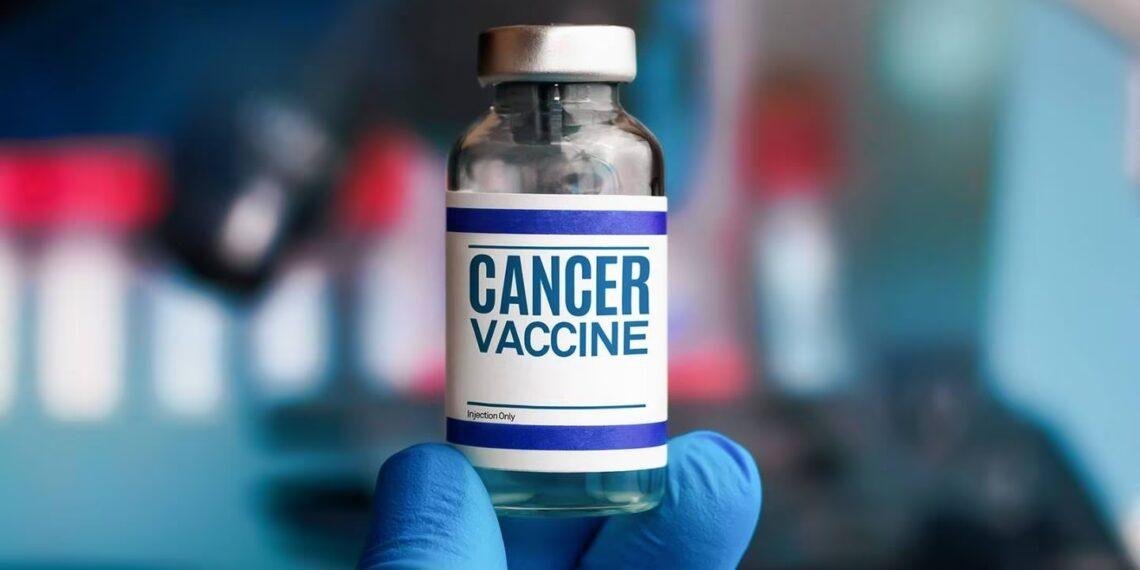There is a rear of hope for cancer treatment as Russia officially launches human clinical trials for a personalized mRNA-based vaccine targeting melanoma, with experimental rollouts slated for September-October 2025.
Developed by the Gamaleya National Research Center, renowned for creating the Sputnik V COVID-19 vaccine, this innovative therapy marks a significant leap in precision oncology. The trials will be conducted at leading Moscow oncology institutions, including the Hertsen Research Institute and the N.N. Blokhin National Medical Research Center of Oncology, signaling Russia’s ambition to lead in cutting-edge cancer immunotherapy.
The vaccine leverages mRNA technology, a platform that gained global recognition during the COVID-19 pandemic, to deliver personalized treatment tailored to each patient’s unique tumor profile. By sequencing a patient’s tumor, scientists identify specific neoantigens, unique proteins produced by cancer cells and encode them into the mRNA vaccine. Once administered, the vaccine instructs the immune system to recognize and attack these cancer-specific markers, effectively targeting melanoma cells while sparing healthy tissue. This approach aims to not only shrink existing tumors but also prevent metastases, offering hope for improved outcomes in one of the deadliest forms of skin cancer.
What sets this vaccine apart is its use of artificial intelligence (AI) to streamline the personalization process. AI-driven algorithms analyze tumor genetics to select the most immunogenic neoantigens, enabling the production of a bespoke vaccine in as little as one week. This rapid turnaround is a testament to the integration of advanced computational tools with biotechnology, potentially making personalized cancer vaccines more accessible and scalable.
Pre-clinical studies have demonstrated promising results, with the vaccine showing significant tumor suppression and prevention of metastatic spread in animal models. These findings have paved the way for phase I human trials, which will focus on evaluating the vaccine’s safety, tolerability, and preliminary efficacy in patients with melanoma. While the initial trials target melanoma due to its high mutational burden and responsiveness to immunotherapy, researchers are optimistic about expanding the technology to other cancers, such as lung, kidney, breast, and pancreatic cancer, in future phases.
Read Also:
- Tinubu to commission 3 West Africa’s largest Cancer Centres
- Trump, Obama, top US Leaders rally around Joe Biden after aggressive Prostate Cancer diagnosis
- Former Rochdale Star Joe Thompson dies at 36 after third Cancer battle
The Russian Ministry of Health has committed to providing the vaccine free of charge to its citizens. The estimated production cost per dose is approximately 300,000 rubles (around USD 2,869), reflecting the complexity of personalized mRNA synthesis. By absorbing these costs, Russia aims to ensure equitable access to this cutting-edge therapy, potentially setting a precedent for other nations.
Russia’s entry into personalized mRNA cancer vaccines places it among a select group of countries advancing this technology. Companies like Moderna and BioNTech, in collaboration with pharmaceutical giants, have been developing similar mRNA-based cancer vaccines, with some already in advanced clinical trials. However, Russia’s state-backed initiative, combined with its AI-driven approach and rapid production timeline, could position it as a key player in the global race to transform cancer care.
Despite the optimism, challenges remain. The transition from pre-clinical to human trials is a critical hurdle, and the vaccine’s safety and efficacy in humans are yet to be established through rigorous, peer-reviewed studies. Melanoma, while a prime candidate for immunotherapy, is a complex disease with variable patient responses. Long-term data will be essential to determine whether the vaccine can deliver durable remission or even a functional cure.






